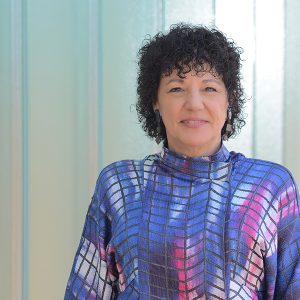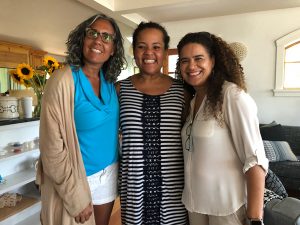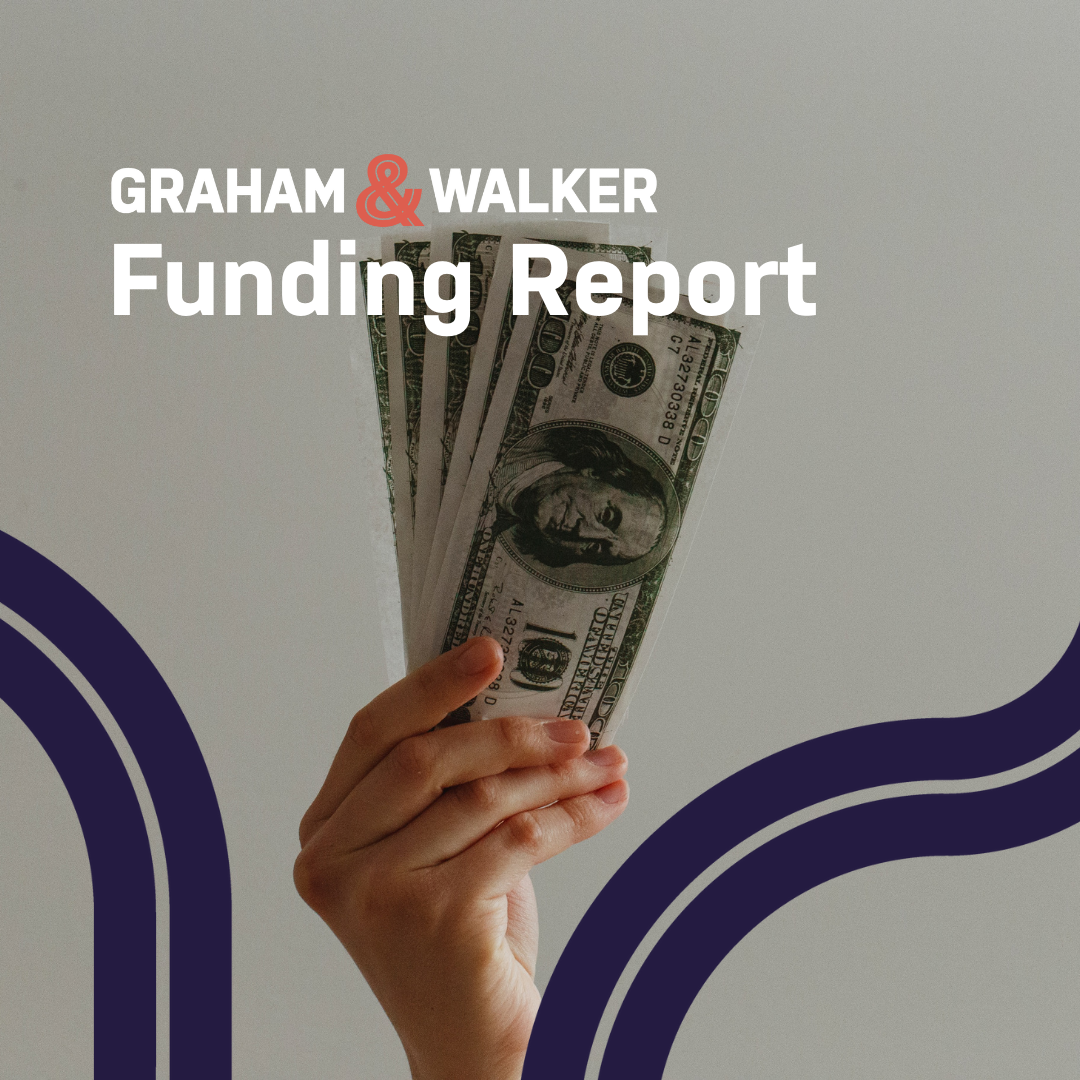
Freada Kapor is a longtime investor and advocate for diversity, equity and inclusion. The Kapor Center, which she founded, invites us to understand the specific needs that different groups of women, trans and non-binary individuals face and to challenge solutions that only benefit the most privileged among us. It’s a lofty and difficult goal, but one that is worth trying for – and trying and trying, getting up, and trying again.
Tell us about the professional journey that took you where you are today. What major lessons did you learn along the way?
I often say that my journey is marked by the fact that 1) I’m old, and 2) I’m boring. I’ve had a very long career focused on the same set of issues and principles. Fairness has always been a passion.
It’s been a long and winding road between 1976 when I co-founded the first group in the United States to take on sexual harassment, and today, as I continue to advocate for inclusive tech ecosystems that allow women of all backgrounds to flourish. There is a lot of continuity in these two points. In the 70’s, the majority of sexual harassment cases were brought by black women.
Today, women of color in tech are leading the fight for inclusive work environments.
My interest in investing in companies has everything to do with the kind of companies they are: what they build, who their products and services help and how they treat their employees.
What motivates you?
Helping great entrepreneurs take on challenges of the world’s most pressing problems gets me fired up. I’m proud of our portfolio: how entrepreneurs are making life better for millions of people and how we at Kapor Capital demonstrate that there doesn’t need to be a trade-off between impact and financial returns. We also want to change how businesses are evaluated. We start with the notion that every business has an impact: some may be negative, some mixed, and others positive. If our financial system actually documented these impacts on its balance sheets, we would see that many businesses, considered highly profitable today, would look far less attractive once you factor in their negative impacts.
But many startups have substantial positive impacts–and that’s where we invest. One of our founders, Phaedra Ellis Lamkins, is working to fix a criminal justice system that is inherently biased based on race and class. Her company, Promise, is looking at alternatives to cash bail. Reforming the bail industry will have huge impacts across society. So many people are forced out of their ability to support their families simply because they were arrested–often wrongly so. Incarceration affects their children, their spouses and their entire community.
What do you look for in a potential investment?
We look for tech startups with high growth potential–generally at seed stage–whose core business closes gaps of access, opportunity or outcome for low income communities and/or communities of color. In practice that means any company whose business model caters to wealthy consumers is not going to be a fit for us.
We look at companies in any sector that want to make fundamental changes to how systems currently operate. That could be education, healthcare, financial services, or others. We’d like all those sectors to be rethought from the ground up with a “gap closing” lens. How can we build something that levels the playing field for low income people or people of color?
For instance, most people recognize that health care in the U.S. is fundamentally broken. Many new “innovations” involve providing concierge health services to the wealthy. We think that’s part of the problem. Contrast that with a company like BloomLife in our portfolio. BloomLife recognizes that premature births are extremely costly and traumatic, and are more likely to happen to low income moms and mothers of color. They’ve created wearable technology that warns of risks, and rather than selling the technology to wealthy moms, they’ve worked to make it available or reimbursable through insurance. This saves money and saves lives. That’s the kind of innovation we support.
How do you find and curate your deal flow? What are the most effective ways for a founder to connect with you?
Traditional VCs have told us they don’t know how to access deal flow with underrepresented founders. We see thousands of pitches every year from underrepresented entrepreneurs because we’ve spent years building an investment team that looks like America, and that looks like the customers of the businesses being built.
We also speak at conferences that aim at the sectors we are most interested in investing, and we sponsor activities for underrepresented entrepreneurs and host events aimed at diversifying the tech ecosystem.
What are the major trends you are seeing in your investment space?
Importantly, we do not require a “warm intro” before we invite someone in to pitch. These are inherently biased and don’t expand your pool of talent. Instead, we look at every prospect that comes in through our website. The best way for entrepreneurs to pitch us is to first look at our investment criteria and honestly assess if they fit–rather than try to force it.
I continue to be impressed by the creativity of founders who approach us.
In particular we are seeing a lot of innovation in the People Ops Tech (POT) space. We just sponsored our 4th POT Pitch Competition and this year we had more than 150 companies apply to pitch in just three weeks. We find that POT founders are overwhelmingly from underrepresented backgrounds. This is a key point in who we invest in: we find that entrepreneurs’ lived experience drives their passion for their business. In the People Ops context, this means that their own experience facing bias or exclusion leads to the key insights that power their companies. Talk about making lemonade out of lemons!
What are a few of the investments that you are the most proud of, regardless of the company’s success?
We have so many inspiring founders, but one that I am constantly impressed by is Ana Roca Castro of Genius Plaza. Ana’s EdTech platform currently serves more than 12 million of the world’s poorest children. She launched in Title I schools in the US, and has rapidly expanded to Latin America and Africa; she will soon be launching in Asia.
The business incorporates culturally relevant curricula and highly effective educational techniques like helping kids be co-creators or practice what they are learning by teaching their peers. Importantly, she and her company meet the customer where they are. Whether in the Amazon Basin or on the African coast, the platform is translated into tribal languages rather than a country’s dominant language.
Ana also recognizes the notion that “you can’t be what you can’t see.” She has a growing collection of career videos of adults who are doing amazing things who come from backgrounds that overlap with the students she serves and talk frankly about the obstacles they’ve overcome.

Also, I’m very proud of tEQuitable. For years I’ve been looking for world-class a entrepreneur to launch a tech-enabled ombuds business, and I finally found that in Lisa Gelobter, an African American technologist who launched tEQuitable earlier this year. tEQuitable is proving out the thesis that employers need an informal, confidential problem solving mechanism to handle complaints of harassment and discrimination. Employees can use it as a sounding board to get their questions answered or get advice. Employers get aggregated trend data to identify problem areas before they blow up.
We are proud of all of our gap-closing companies, but the fact that that I’ve highlighted two groundbreaking companies founded by women of color is also not an accident.
What do you wish founders knew about before meeting you and other investors?
I wish that founders carefully looked at our investment criteria before sending us a request. All too often I get approached by an entrepreneur or get a referral from another business. When I tell them I don’t see how their company closes gaps, they reply that they thought we were primarily looking for women founders or entrepreneurs of color.
It’s crucial to us that the business itself closes gaps in access or opportunity. That means that we end up with a high proportion of underrepresented founders, but we do invest in fabulous businesses that are founded by Caucasian men, and that’s important too. Their products often come from their lived experience as well. For example, Aaron Holm founded a terrific affordable housing business called Blokable based on his experiences growing up in public housing. He has the same passion about solving homelessness as Ana Roca Castro does about education.
Anything else you want our readers to know?
The world of VC is very late to thinking about diversity and inclusion. Unfortunately, it’s mirroring the worst mistakes that tech and other sectors have already made by “starting with gender” first and focusing on pledges without accountability. We are not on a success path. Some of the lens has to be intersectional, and importantly, part of the lense must be “what kinds of businesses are we helping to create.” VC and tech are responsible for fueling a lot of income inequality. That’s at our feet and we need to fix it. Some of the companies in our portfolio are tackling this through alternatives to payday lending and solving homelessness. I’d like to see more VCs and more entrepreneurs focus on solving issues that the industry has contributed to creating.
For far too long, VC and tech have widened gaps between haves and have nots. There is a real opportunity for others to join Kapor Capital and focus on gap-closing initiatives.

